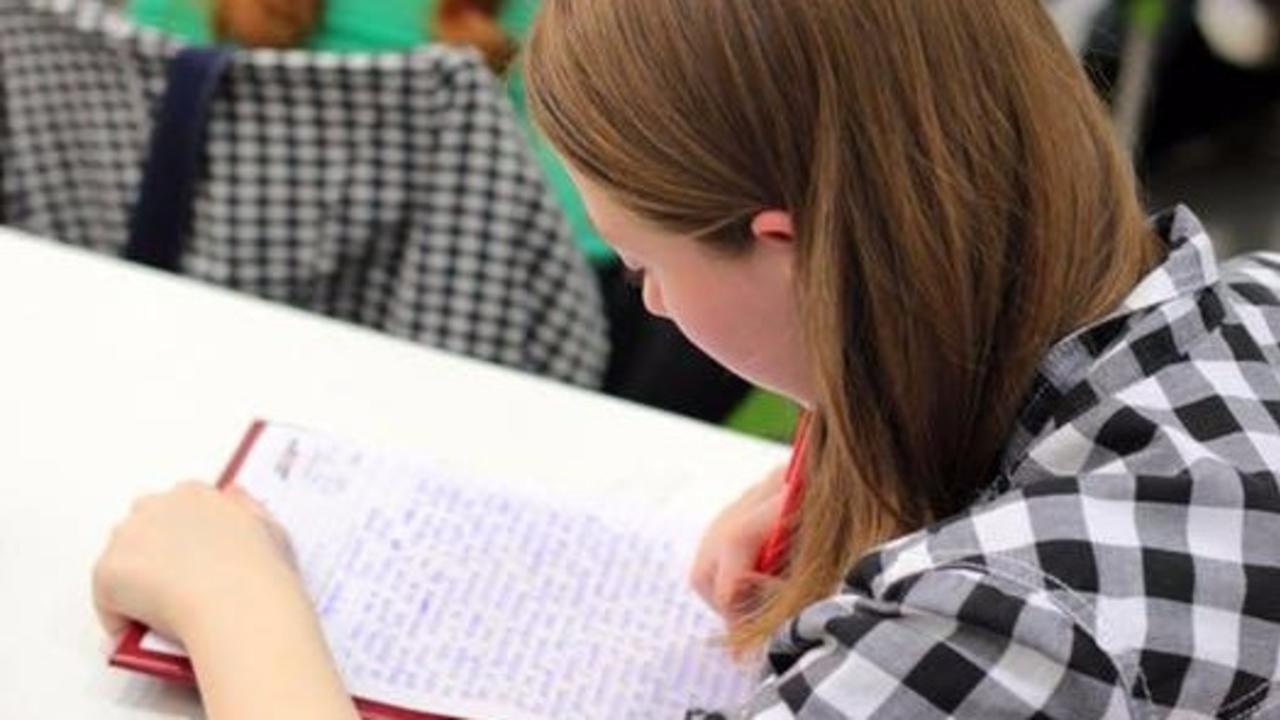How to Teach Your Child to Take Responsibility
Nov 29, 2017
I have a friend whose teenage sons are very relational, caring, and fun to be around. At the same time, they don’t know where the dishwasher is or how meals end up on the table, because my friend does it for them and doesn’t require them to learn those sorts of tasks. So while they are loving people, these kids’ lives are marred by a lack of self-control and responsibility.
Love needs structure and form. Just as the heart needs a skeleton, love requires another ingredient; it needs ownership, the ability to take upon one’s own shoulders the responsibilities, burdens, and problems of life.
I may seem odd to think of a child, especially a young one, learning ownership. Children certainly are too young, inexperienced, and frail to take full responsibility for their lives. Yet they can learn to do so gradually. Little by little, as your children mature, you can ask them to carry more and more responsibility, so that by the time they are ready to leave home, they, not you, are taking ownership of their own behavior, life, goals and problems. The young adult who has learned how to shoulder the burdens of life is ready for the responsibilities that come with marriage and career.
Children begin to take ownership even as infants. Babies learn how to signal their mom when they are lonely, an experience that forms the intersection of bonding and ownership. Moms need those signals of crying, whimpering, or squirming in order to know how to meet their babies’ needs. Mothers learn which cries are about hunger or holding or changing. In a sort of learning feedback loop, infants learn to signal their mothers for what they need, and as good things result, they experience that as they “own” their signals, they can be in some sort of control of how their needs are met. Through trial and error, toddlers can learn how to treat their friends and to take some responsibility for their behavior and attitudes. School-age boys can be responsible for getting their homework done, doing chores, and deepening their friendships. Teens can begin to own their outside interests, spiritual values, sexuality, and career dreams.
Parents need to be intentional about transferring ownership. While your kids will reach out to you for connection, they are quite content to let you take on the burdens of caring for them, solving their problems, and dealing with the consequences of their actions. A child separated from his mom in the supermarket will search for her frantically, but how many teens offer to pay the bill when they go out for a meal with Mom or Dad? Who am I kidding, right? Yet you can teach your kids to take ownership for their lives.
To successfully train your kids to take ownership, you need to give them four things: love, rules, choices and consequences. They need your love to be able to tolerate the pain of learning responsibility. They need rules – house rules, conduct rules, and social rules –so that they know what is right and wrong. They need the freedom to make choices to keep or disobey your rules. And they need consequences to learn that their choices have an effect on their lives.
This is a little story about a little thing, but it serves the purpose of illustrating this point. My wife and I think that people should say “please” when they ask for something, and we trained our kids to do this. First, we made sure they knew we loved them and were on their side. Then we told them that we wanted them to say, “please,” because it shows care and respect for the other person. We also said that if they didn’t say it, whatever they were asking for would not be available for a period of time, a minute or a few minutes. That might be a hamburger or it might be the telephone. Third, we gave them the freedom not to say “please”; we didn’t nag them about it. Fourth, when they forgot the word, they didn’t get what they wanted until the time period was up, even if they said, “please” twenty times. We’ve done our best to be consistent, and now our kids rarely forget to say “please”.
Remember that in helping kids learn ownership, what is important is not just them hearing our instructions but also experiencing the consequences of not responding to us.
Boundaries with kids, teens and adult children are topics that come up frequently in my private group. If you're interested in learning more and joining me, start here.


